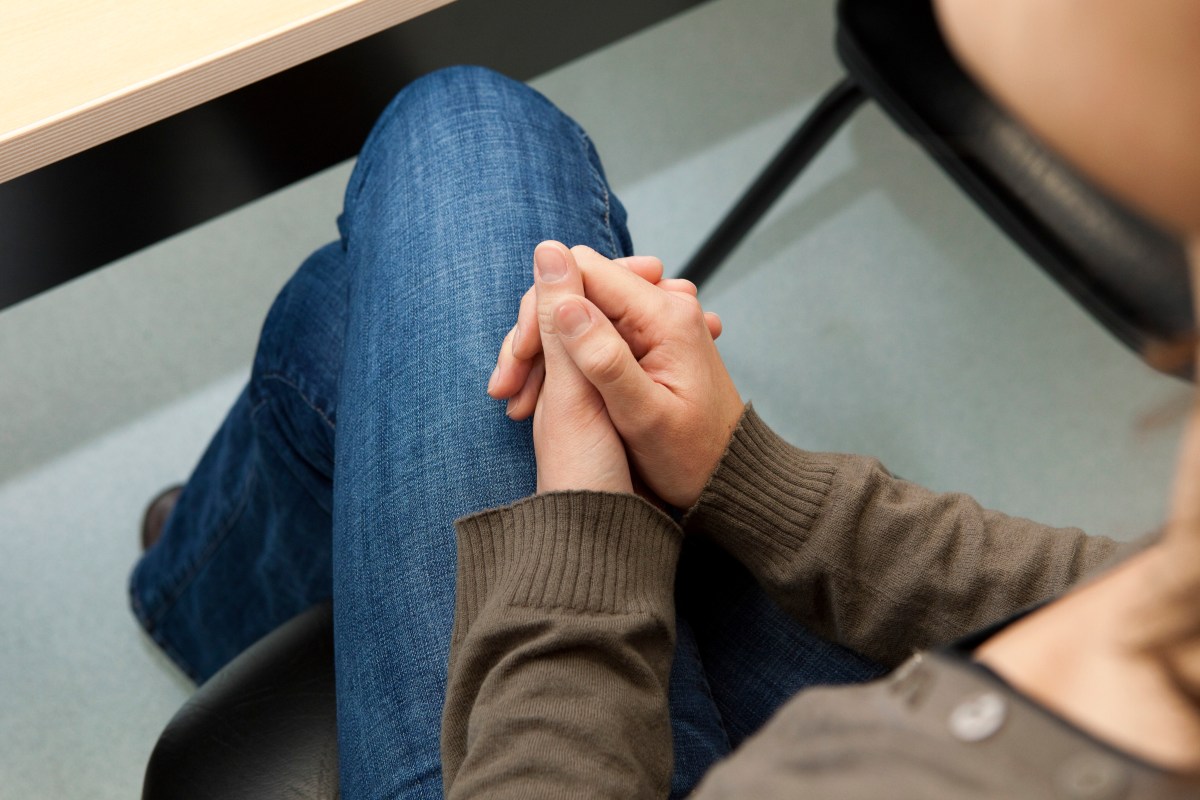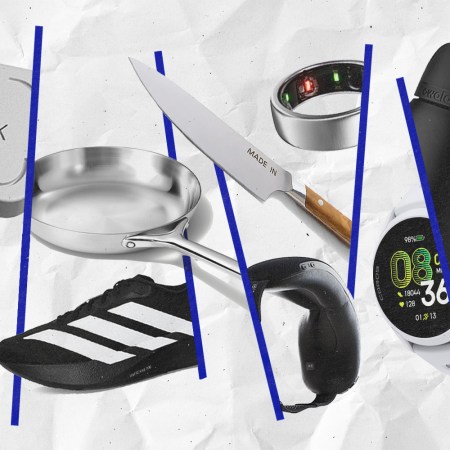To say 2020 was grueling for all of us is an understatement; the COVID-19 pandemic resulted in the loneliest, most stressful year most of us have ever experienced, and for many, it amplified pre-existing mental health issues. Now more than ever, it’s important for us to keep tabs on our mental health, and while things still look grim, perhaps there’s some comfort in knowing that we’re all going through this together. A new piece in the Huffington Post identifies the most common issues people raised in therapy this year — and the results are what you might expect.
It should come as no surprise that the most common topic brought up by patients in therapy in 2020 was an increase in depression, stress and anxiety due to the pandemic. “If you had asked me before the pandemic started, ‘If you could impose something on people that would create more depression, more anxiety and more stress, what would you do?’ I’d say, well, make everybody stuck at home ― so that’s what is happening here,” Michael Stein, a psychologist in Denver and president of Anxiety Solutions, told the publication.
Another common issue was a fear of the uncertainty that came with not having a clear idea of when the pandemic would end. “It’s all about tolerating uncertainty and having a friendlier relationship with it,” Stein said. “The thing that maintains anxiety is short-term avoidance ― anything you do to avoid anxiety in the short-term keeps anxiety going in the long run.”
Patients also frequently brought up the pressure to achieve personal goals during quarantine (you can thank all those Instagrams about baking sourdough bread and social media posts about how Shakespeare wrote King Lear during a plague for that one), grief and trauma related to police brutality and racism against Black people (particularly in the wake of the George Floyd and Breonna Taylor murders this summer), financial concerns and feelings of disappointment.
To cope with the latter, Robin Gurwitch, a psychologist at Duke University Medical Center, suggested looking for ways to help others in these trying times.
“Is this a time where you cull out some gently used clothes or toys to donate? Or volunteer at the food bank?” she said. “When we’re not doing well after disasters or horrific events, if we find a way to help others who have also been impacted, we actually do better.”
The Charge will help you move better, think clearer and stay in the game longer. Subscribe to our wellness newsletter today.















